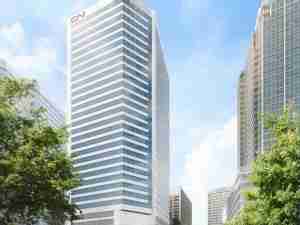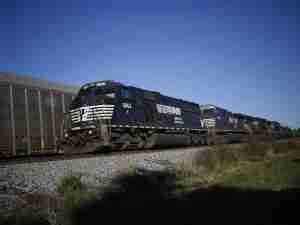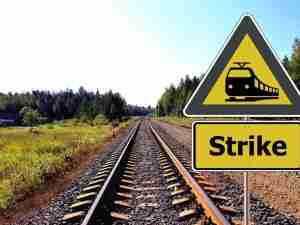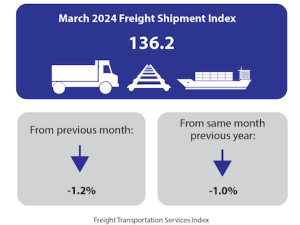Founded just over 10 years ago as an investment club, the firm has grown into a specialist infrastructure company with interests in power, transport and engineering thanks to rapidly growing demand for energy and infrastructure in the region.
"By half year, profitability will be above what we did the full year, for the simple reason that all our businesses are in the expansion phase where we are growing our market," Gachao Kiuna told the Reuters Africa Investment Summit.
He attributed the projected growth in net profit from 616 million shillings ($7.4 million) last year to the acquisition of Civicon, an engineering and transport firm, and increased production of cables, transformers and switchgear.
TransCentury is the regional market leader in the production of the equipment and controls East African Cables.
Kiuna said he was not worried by an upcoming election, due by March next year. It has raised concerns among many businesses of a possible pre-election slowdown because of the violence which followed the last poll in 2007.
Kiuna said demand for services such as electricity would hold for at least the next 20 years, as million of homes and businesses get connected to the grid.
"Our challenge has never been, we have got all these products, where do we find the customer? Our challenge has been, we have got all these customers, how do we produce enough to be able to meet (the demand)?" he said.
Homegrown African firms such as TransCentury started to take off in the last decade after telecommunications operators proved there was sufficient demand for services on the continent by quickly attaining millions of subscribers.
The emergence of trade blocs offering single markets of millions of people like the five-nation East African Community had also widened opportunities, allowing firms to manufacture goods in one country and sell in another, Kiuna said.
But firms doing business on the continent need a steely resolve to deal with challenges from the lack of good roads and frequent power blackouts to a shortage of easily available private capital, he said.
"That is where Africa has struggled. The local private capital is there but it is not well organised," he said.
TransCentury struggled to fund a $300 million investment in the Kenya-Uganda railway, which is run as a concession known as Rift Valley Railways, taking three years to close the funding.
Together with its co-investors, including Egypt's Citadel Capital, the company is rehabilitating the railway's locomotives, wagons, tracks and installing modern technology, with a view of raising its share of the haulage market.
The railway, which used to carry 5 million tonnes of cargo a year in 1980, was run down by corrupt and poor management, reducing its share of cargo to 1 million tonnes out of the 20 million tonnes that go through the Kenyan port of Mombasa.
Kiuna said they expected the share of the cargo carried by railway to start rising at the end of this year.
"If we complete the investment plan we will be able to do five million tonnes because this has already been done historically," he said. (Reuters)







